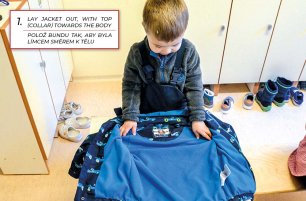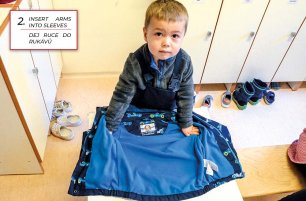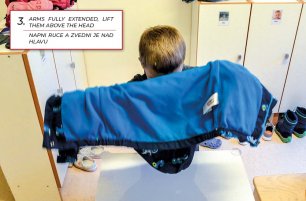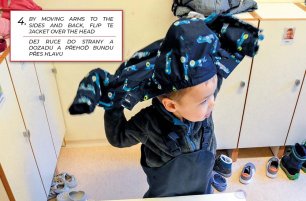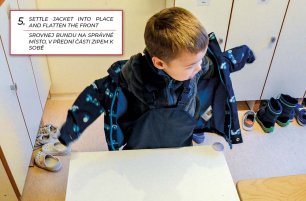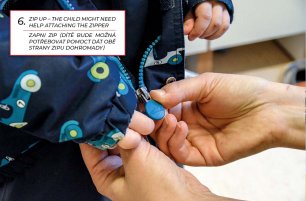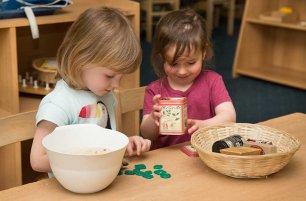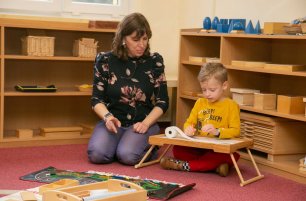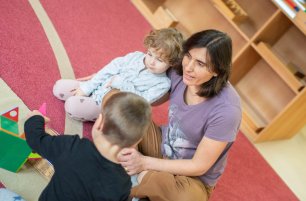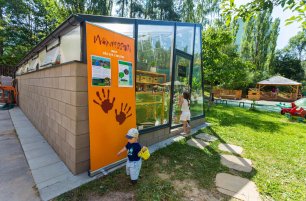Toddler life hacks
Toddlers are at a very sensitive age for physical independence. It is natural to want to take care of them, yet sometimes giving the freedom and space to do things by themselves is a gift that not only makes them happy, but also support their overall development, confidence and sense of self.
Eating and drinking
A child who can walk is old enough to feed themselves, with fingers, spoon and fork. We recommend an open cup (a shot glass or espresso cup are just the right size) over a sippy, and never a bottle with a nipple. A two-year old might still need a bit of help with the knife, but they can practice on soft food like potatoes or dumplings.
Cleaning up
Toddlers are great at making messes, but they love cleaning too. If nothing else, toddlers should be responsible for putting things away: dishes in the sink, toys on the shelf, laundry in the hamper… it’s both good exercise and good habits.
Toddlers also can (and love to!) mop and wipe spills; sweep; water plants; wash things in a bucket or pail; mop the resulting spills; and so on.

Making choices about their day
You might not let your toddler choose their wardrobe or diet but they benefit greatly from making small decisions, like – corn or peas with dinner? Blue or red shirt? Walk or drive their bike to the park? They key is to offer a few neutral options and accept your child’s decision, let‑ ting them see that they and their opinions are appreciated and respected.
Dressing and undressing
Starting slow, a very young child can help by pulling up pants, inserting their arms and legs into sleeves and leg holes, and pulling off their shoes. With some trial and error, they will figure out the rest before you know it! It helps to avoid clothing with small buttons or snaps placed where the child cannot do or even see them, and instead look for Velcro, large buttons and zippers.
What's the easiest way for a young child to put their jacket on by themselves? See the step-by-step process in the gallery below!
By Michaela Tučková
Want to learn more? Read our next article:
